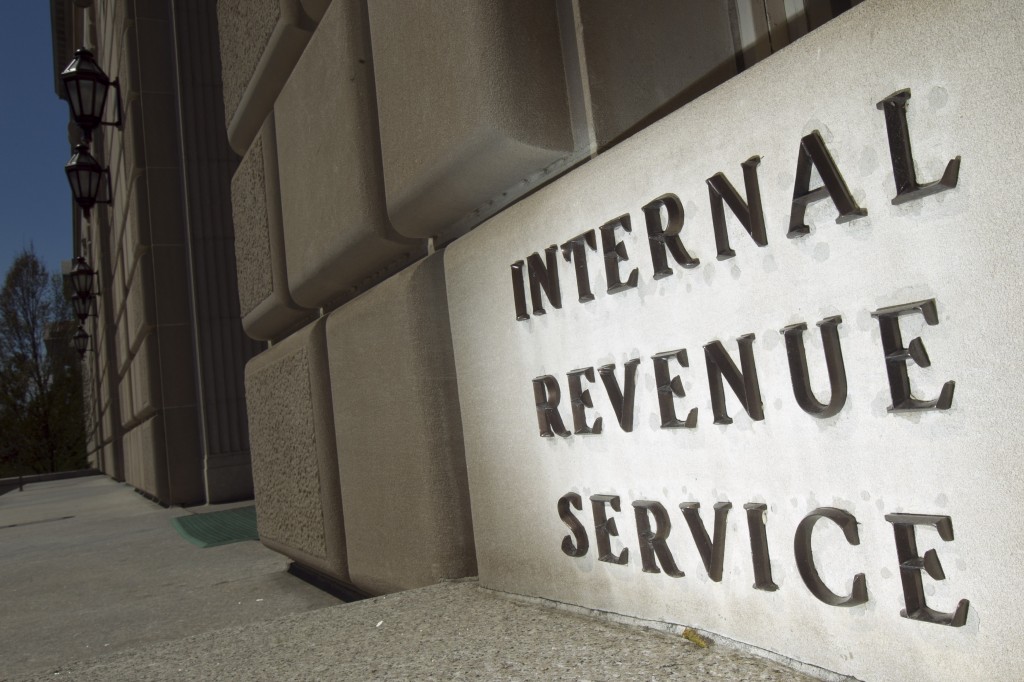About $2.9bn (N571bn) is being lost annually by the Federal Government to tax incentives given to some companies operating in the oil and gas sector under the Nigerian Liquefied Natural Gas consortium.
The figure was released by ActionAid Nigeria on Tuesday in Abuja during the launch of its report entitled: ‘Leaking revenue: How a big tax break to European gas companies has cost Nigeria billions’.
ActionAid Nigeria listed the companies to include Shell, Total and ENI, adding that the tax exemptions were for their investments in the NLNG Limited.
The NLNG is a joint venture between the Nigerian National Petroleum Corporation, Royal Dutch Shell, Total and Eni to exploit Nigeria’s huge reserves of gas.
It is the country’s major company in the liquefied gas sector and the three European companies hold 51 per cent stake in it, leaving the balance of 49 per cent to the NNPC.
The Country Director, ActionAid Nigeria, Ojobo Atuluku, said the amount being lost to tax incentives to the companies was capable of funding some key programmes in the country’s budget such as provision of health centres and schools, among others.
She said, “ActionAid researches from 2013 show that the tax incentives cost developing countries at least $138bn every year, part of which is an estimated amount of $2.9bn, or a whopping N577bn that Nigeria forfeits every year as a result of tax incentives.
“That amount is the equivalent of twice our national education budget and thrice the health care budget for 2015. This calls for serious concern in a country where over 20 million children do not go to school and almost 15 out of 100 children die before their fifth birthday.”
“There are incontrovertible evidence from researches conducted in many developing nations that corporate profits are soaring and corporate investments in low income countries had tripled since the 1980s. Yet, the corporate tax revenues of the countries where these profits are generated have flat-lined as a percentage of their Gross Domestic Product.”
She said there was a need for the Federal Government to review the tax incentives offered to companies operating in the country.
“ActionAid and their partners on the Tax Justice Platform want Nigeria and other resource rich developing countries to begin to review their tax incentive policies,” Atuluku added.
In his address, a member of the House of Representatives, Herman Hembe, said there was a need for the National Assembly to exercise caution in considering the proposed amendments to the Corporate Income Tax Act.
The amendment seeks to extend the granting of pioneer status to companies from five to 10 years.
This, according to him, may not be in the best interest of the country at a time when it was in need of more revenue owing to the decline in oil prices.
The NLNG, however, in a statement refuted the claims that the tax breaks were free, stressing that it was something that was obtainable in other countries.
It said, “The NLNG wishes to state that this claim is false and misleading. It is most instructive to note also that ActionAid itself admits in its report that its figure is a ‘hypothetical’ one.
“Contrary to ActionAid’s claim, the reality is that the Federal Government’s initial investment of $2.5bn, bolstered by the associated tax incentives, has so far yielded over $33bn in the form of dividends, taxes and feed gas purchases for the country over the past 16 years, with an additional $5bn accruing through corporate spend on local goods and services during the same period.
“The company paid $3.6bn in Company Income Tax and Education Tax between 2014 and 2015. This is in line with the NLNG’s corporate vision to help build a better Nigeria.”
It, however, admitted that it was granted a 10-year tax holiday, stressing that this was also obtainable in other countries.
The firm stated, “Considering the pioneering nature of such a company in Nigeria as well as the huge investments required, running to several billions of dollars in foreign investments, the NLNG was granted a 10-year tax holiday by the government of the Federal Republic of Nigeria under the provisions of the Nigeria LNG (Fiscal Incentives, Guarantees and Assurances) Act, CAP. N87, Laws of the Federation of Nigeria, 2004 (‘NLNG Act’).
“The concept of tax holidays is not an unusual practice in the global business community. Indeed, Angola has notably offered as much as 12 years’ tax holidays to encourage investments in their LNG industry, while other countries like Oman, Malaysia, Qatar and Trinidad have offered up to 10-year tax holiday to attract LNG investments.”
Punch


 Naira3 weeks ago
Naira3 weeks ago
 News4 weeks ago
News4 weeks ago
 Naira4 weeks ago
Naira4 weeks ago
 Naira3 weeks ago
Naira3 weeks ago
 Jobs3 weeks ago
Jobs3 weeks ago
 Travel3 weeks ago
Travel3 weeks ago
 Naira3 weeks ago
Naira3 weeks ago
 Investment4 weeks ago
Investment4 weeks ago





























